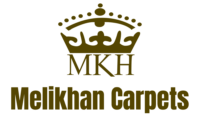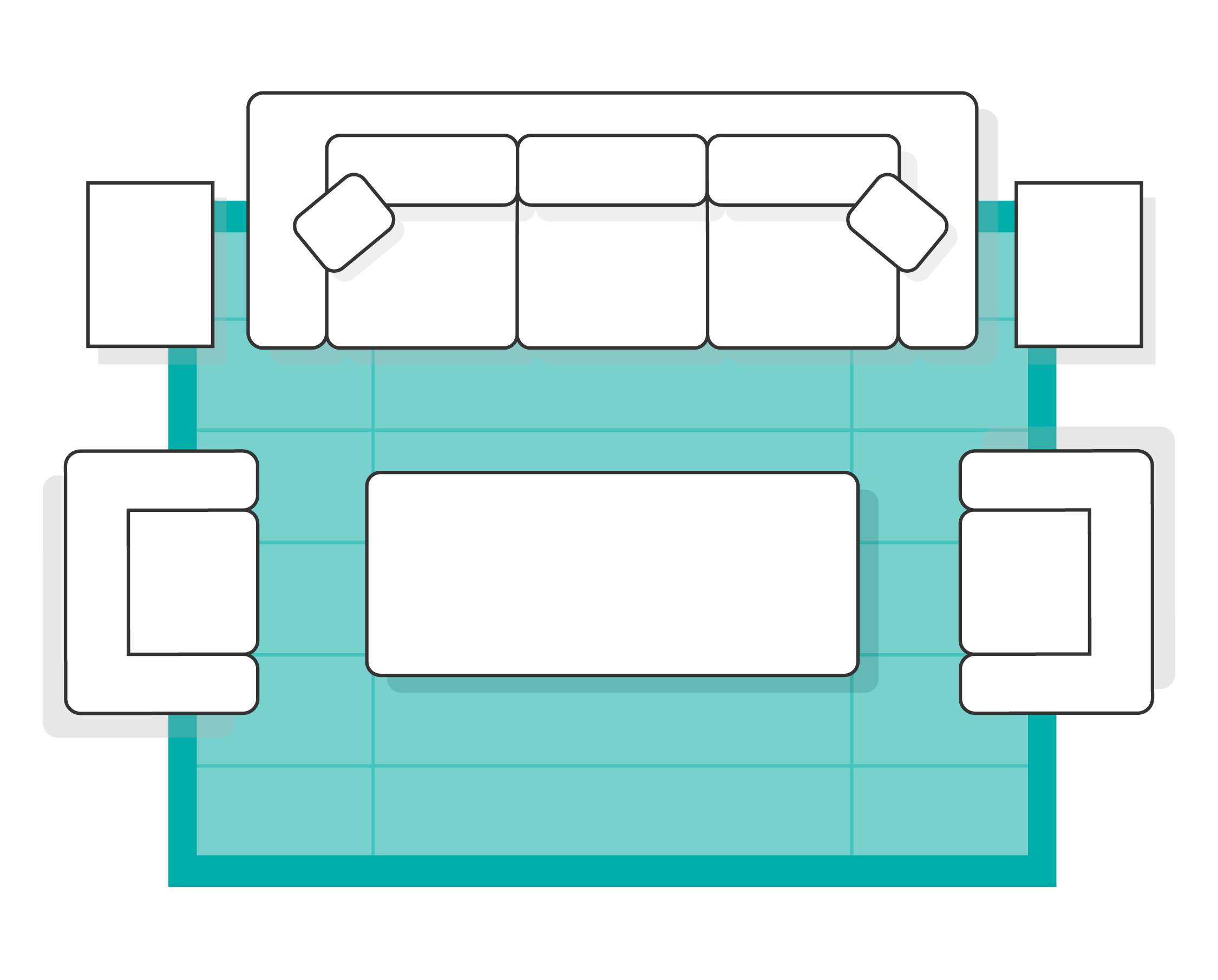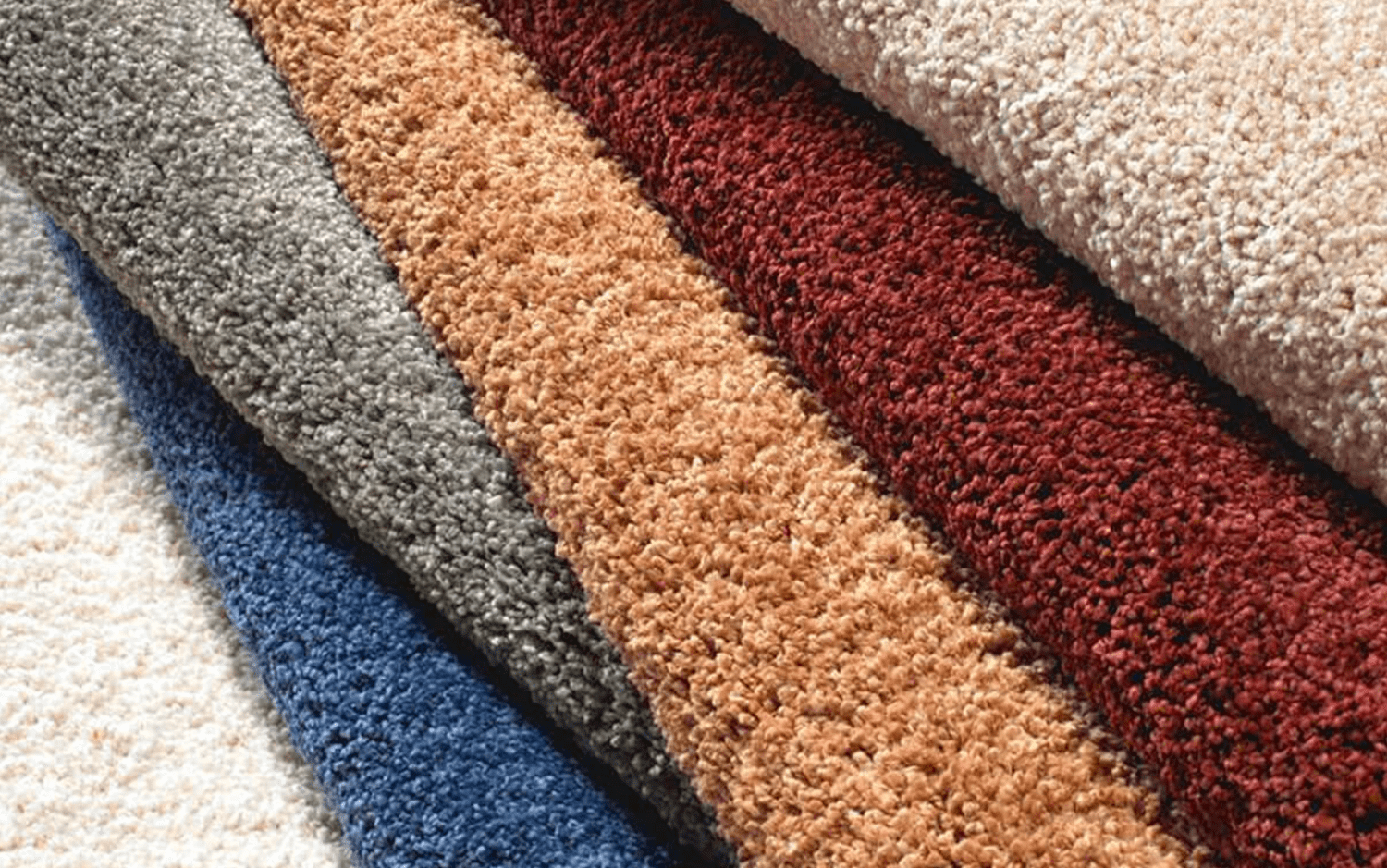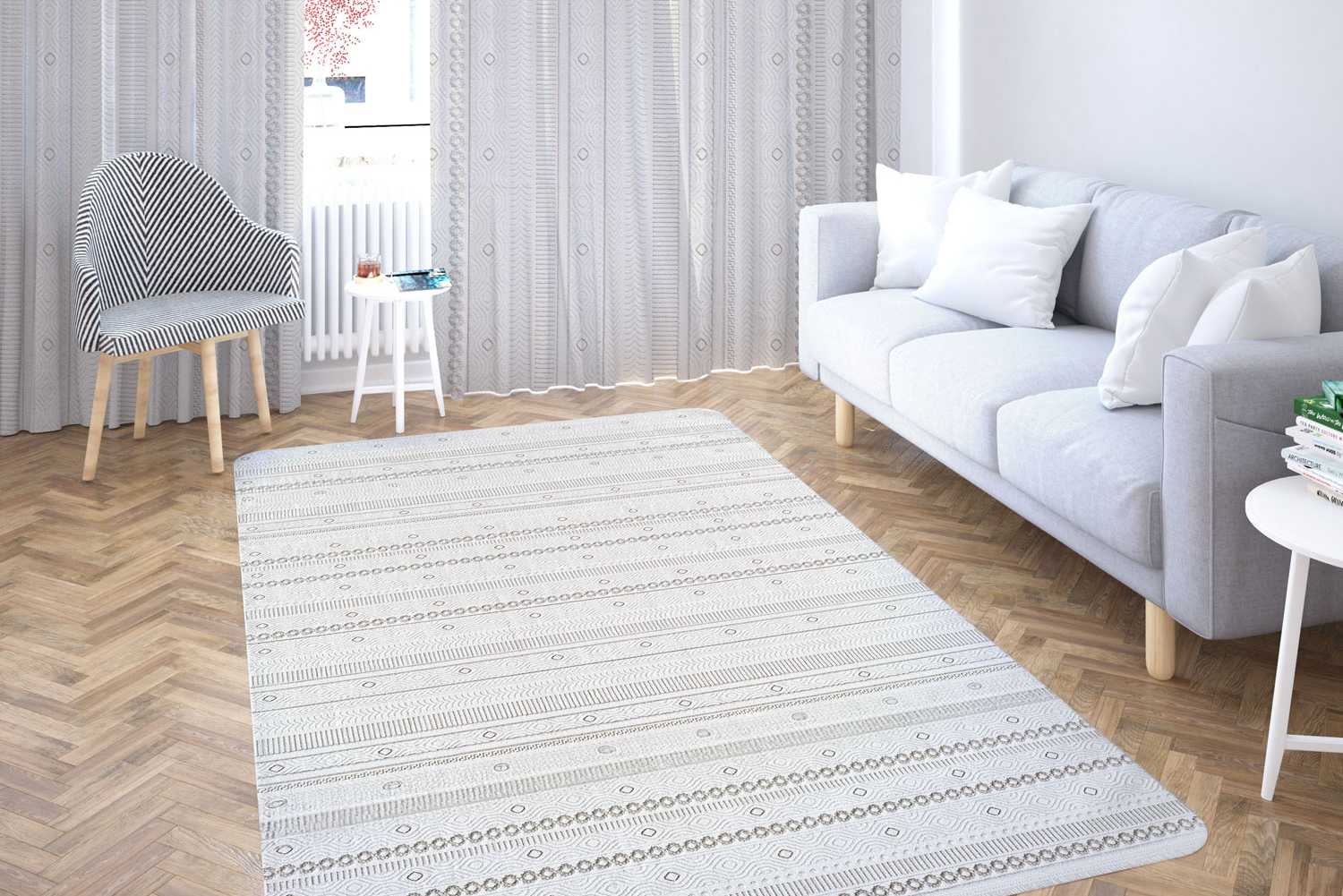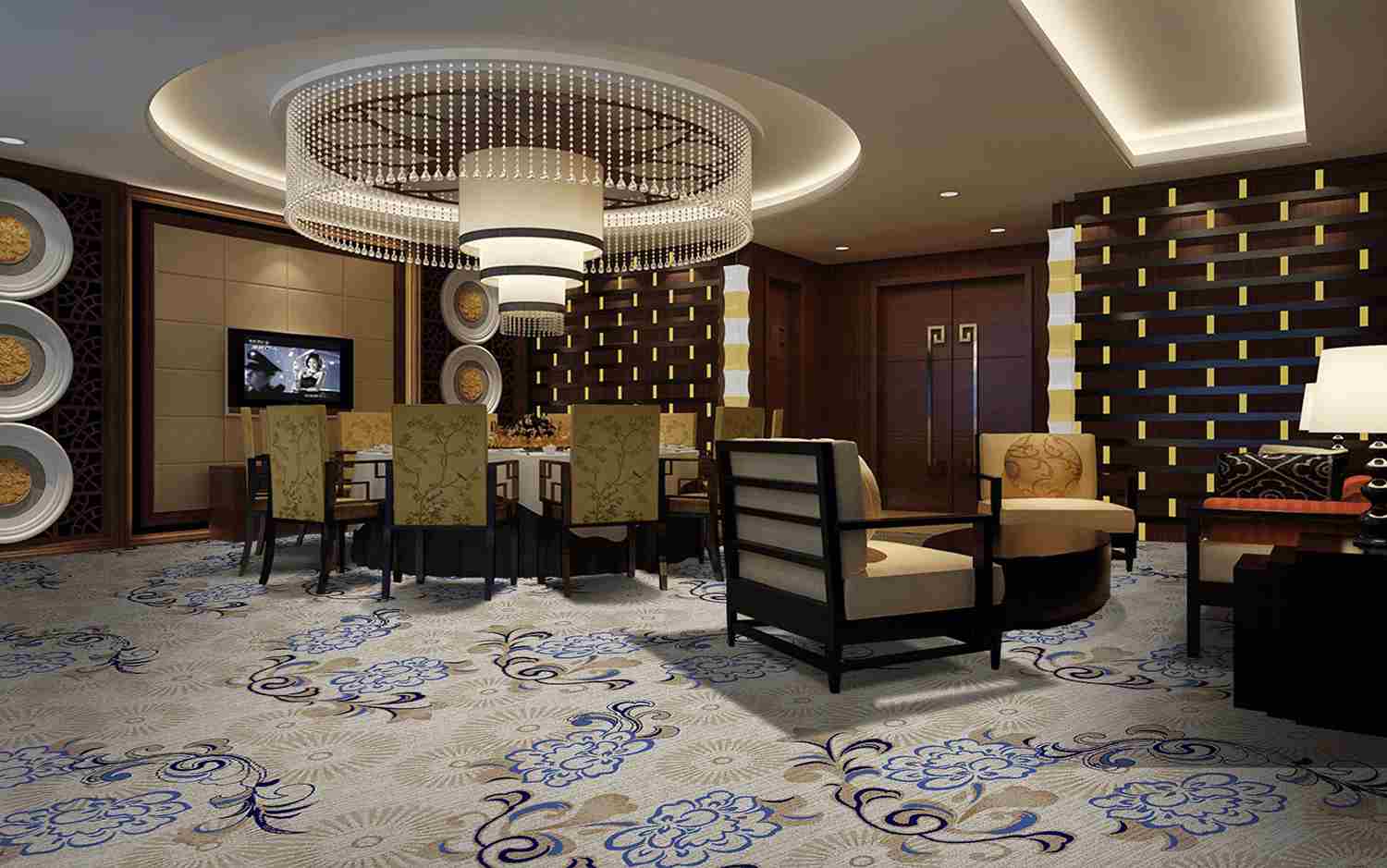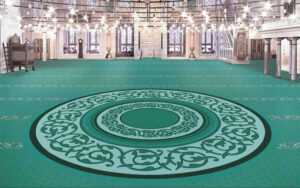 Overview of Common Carpet Materials
Overview of Common Carpet Materials
The three types of yarn commonly used in mosque carpets are wool, acrylic, and polypropylene. Each type of yarn has its own characteristics and advantages.
What is the most durable material for mosque carpets?
- Wool Carpets: Wool is a natural fiber known for its softness, durability, and resilience. It is a high-quality yarn that provides excellent insulation, making it suitable for colder climates. Wool carpets are generally more expensive compared to other types of yarn due to the cost of production and its superior properties. Wool carpets have good fire resistance and are resistant to staining. They also have a luxurious appearance and a comfortable feel underfoot.
- Acrylic Carpets: Acrylic is a synthetic fiber that mimics the look and feel of wool. It is a more affordable option compared to wool, making it a popular choice for mosque carpets where affordability is a key factor. Acrylic yarn is known for its resistance to fading, moisture, and mildew. It is relatively easy to clean and maintain. However, acrylic carpets may not be as durable as wool and can be prone to pilling and matting with heavy use.
- Polypropylene Carpets: Polypropylene, also known as olefin, is another synthetic fiber commonly used in mosque carpets. It is the most affordable option among the three yarn types. Polypropylene carpets are highly stain-resistant, easy to clean, and resistant to fading from sunlight exposure. However, they may not have the same level of durability and softness as wool or acrylic carpets. Polypropylene is often used in areas with high traffic or where frequent replacement is expected due to its lower cost.
The Importance of Material in Mosque Carpets
Durability
When selecting a carpet for a mosque, factors such as affordability and durability should be taken into consideration. The density of the pile, which affects the carpet's weight and weaving per square meter, is an important aspect to consider as it influences the carpet's durability. Additionally, the type of yarn used will also impact the quality and price of the carpet.
Comfort
The Wool & Polyamide mosque carpets you offer seem to provide a combination of desirable features from both wool and acrylic carpets. By adding polyamide yarn to the wool yarn by 20%, you have created a carpet that is thin and luxurious like acrylic carpets, while also being soft and non-flammable like wool carpets. The inclusion of polyamide yarn enhances the strength and resistance of the carpet.
Maintenance
The fact that this product has gained popularity in demands for mosque carpets from abroad is a testament to its quality and appeal. Having references in various countries, especially in the United Kingdom and the United States, further highlights its recognition and acceptance in the market.
Aesthetics
Moreover, the use of the Wilton weaving system, which is specialized for mosque carpets and the first of its kind in Turkey, adds a unique aspect to your product. Wilton weaving is known for its durability and intricate patterns, making it a suitable choice for mosque carpets.
By offering a high-quality carpet that combines the best features of wool and acrylic, you provide customers with a desirable option for their mosque projects.
Utilizing the latest technology van de Wiele looms for carpet manufacturing shows a commitment to producing high-quality and customizable carpets. These advanced looms are known for their precision and efficiency, allowing for greater flexibility in the production process.
By employing different featured machines, your company can cater to the specific needs and requirements of customers, ensuring that customized carpets and rugs can be produced. This flexibility is important as it enables you to meet the unique design preferences, dimensions, and other specifications of individual customers or projects.
The combination of advanced looms and specialized machines not only enhances the manufacturing process but also allows for greater creativity and innovation in carpet design. It enables your company to stay up-to-date with the latest industry trends and deliver carpets that meet the evolving demands of customers.
Overall, investing in cutting-edge technology and machinery showcases your company's dedication to delivering superior quality and customized products to clients. It positions you as a leader in the industry, capable of meeting the diverse needs of customers in a precise and efficient manner.
How do the costs of different carpet materials compare?
natural fiber carpets tend to be more expensive than synthetic ones. This price difference is primarily due to the cost of sourcing and processing natural fibers, as well as their limited availability compared to synthetic materials. When pricing out carpet options, you will often find that natural fiber carpets have a higher cost per square foot or square yard compared to synthetic options.
Additionally, the maintenance requirements of natural fiber carpets can contribute to their higher overall cost. Natural fibers, such as wool or sisal, may require specialized cleaning products and methods to maintain their appearance and longevity. These products are often more expensive than those used for synthetic carpets. On the other hand, synthetic carpets are generally more resistant to stains and fading, which can reduce maintenance costs over time.
It's worth noting that within the realm of synthetic carpets, there can be variations in cost depending on the type of synthetic fiber used. Nylon is typically more durable and resilient than polyester, which can make nylon carpets more expensive. However, it's important to consider the specific needs of your mosque and the expected foot traffic when deciding between different synthetic fibers.
Ultimately, the choice between natural and synthetic fiber carpets should consider factors such as budget, maintenance requirements, durability, and aesthetic preferences. Consulting with carpet specialists or suppliers can provide more specific information on pricing and help you make an informed decision based on your requirements and budget.
What material is best for high-traffic areas in a mosque?
Wool is indeed a popular and preferred material for mosque carpets, especially in historical mosques. Here are some reasons why wool is commonly chosen for mosque carpets:
- Durability: Wool is a durable natural fiber that can withstand heavy foot traffic without showing signs of wear and tear. This is particularly important in high-traffic areas of a mosque where a durable carpet is necessary.
- Moisture Resistance: Wool has natural moisture-wicking properties, which means it can absorb moisture without feeling damp or becoming damaged. This is beneficial in environments where spills or humidity may be a concern.
- Fire Resistance: Wool is naturally flame-resistant, making it a safe choice for mosque carpets. It has a high ignition threshold and is slow to burn, which is crucial for safety in public spaces like mosques.
- Insulation and Acoustic Properties: Wool has excellent insulation properties, helping to regulate temperature and provide a comfortable environment. Additionally, it has sound-absorbing qualities that can reduce noise and echo in spacious mosque interiors.
- Natural and Sustainable: Wool is a renewable and sustainable resource, as it is shorn from sheep without harming them. Many people appreciate the environmentally friendly aspect of wool carpets.
- Aesthetic Appeal: Wool carpets often have a luxurious look and feel, which can enhance the overall visual appeal of the mosque's interior. They come in a wide range of colors, patterns, and designs, allowing for customization and coordination with the mosque's decorative style.
While wool is a preferred option, mosques may also use other materials like cotton, acrylic, or polypropylene, depending on various factors such as budget, maintenance requirements, and specific needs. Each material has its own set of advantages and considerations.
When choosing a carpet for a mosque, it's important to assess the specific requirements and priorities of the space. Consulting with carpet suppliers or specialists experienced in mosque carpeting can provide valuable insights and assistance in selecting the most suitable material for the mosque's needs.
Can Mosque Carpets And Rugs Be Purchased Wholesale?
Melikhan Carpets is manufacturer and exporter of Mosque Carpets and Prayer Rugs. With company’s extensive experience in the industry and their focus on machine-made Turkish carpets, The company is likely to have developed a strong understanding of the market and the specific requirements of their customers.
The fact that Melikhan Carpets serves wholesalers and retailers worldwide indicates company’s ability to cater to different customer segments and meet a wide range of demands.

